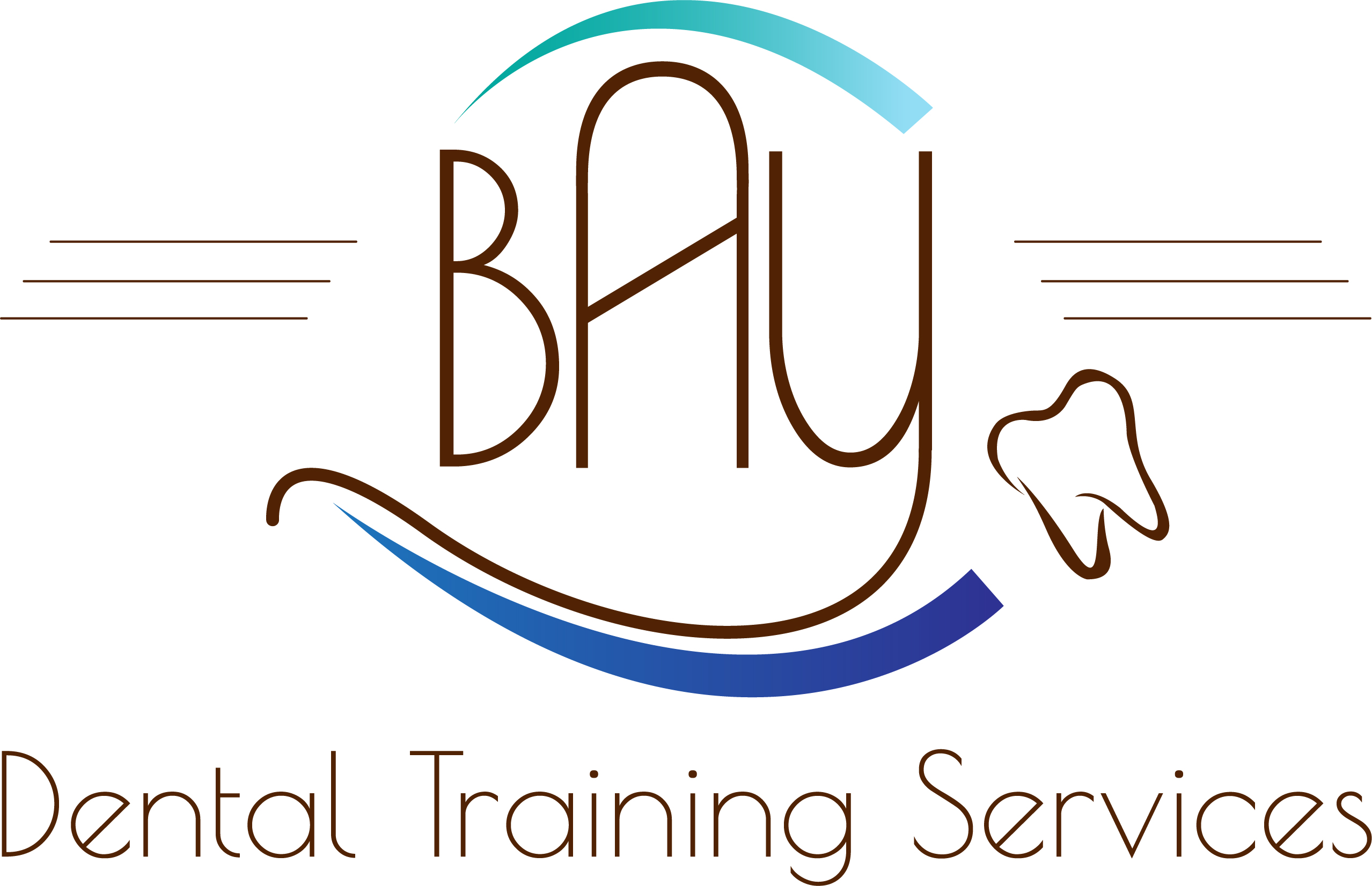| Course title: Certificate in Dental Imaging | |
| This course is aimed at dental nurses who wish to undertake the practical aspects of dental imaging including Cone Beam CT, and become operators, enabling them to take dental radiographs and scans on referral from a suitable healthcare professional. | |
| Awarded by: DELTA Awards | |
| Structure: The course is delivered by way of six modules. All modules are mandatory and must be passed. Course resources include pre-recorded presentations, written information and regular online tutorials. | |
| Grading: Pass or fail | |
|
|
Pre-requisites:
Candidates must hold GDC registration and a recognised Dental Nurse certificate. This course requires the involvement of a workplace supervisor / expert witness who will take overall responsibility for the practical evidence completed within the workplace. This person will receive their own account login and be required to sign off the evidence submitted. Please ensure you have this person in place prior to course application. Failure to do so will compromise course progress. Access to Cone Beam CT is essential if you wish to be certificated as a CBCT operator. If Cone Beam CT is not available, we invite you to consider our alternative Certificate in Dental Radiography programme. |
|
|
Assessment:
This course is assessed by:
Candidates must achieve a pass in all modules to gain the certificate. |
|
|
Resit Arrangements: Candidates can receive a small course extension to amend or change any information in the Workplace Portfolio of Evidence. A fee may be applicable.
Candidates get two attempts at the final examination included, further attempts will be charged. |
|
|
Practical Component: Taking dental radiographs – Cone Beam CT is included and access to a Cone Beam CT unit is mandatory to complete this section of the programme and receive certification as a CBCT operator. If unavailable, the required evidence can be substituted for panoramic radiographs. In this case, students will learn the theory aspects of Cone Beam CT as standard but will be required to undertake further, documented training at a later date should they wish to take CBCT scans. It is the responsibility of the student to ensure access to all radiographic views is achieved. |
| Guided Learning Hours: This programme is 300 Guided Learning Hours (GLH) | |
| Course length: 9 – 12 months | |
| Credits: This course attracts 30 credits | |
Course Content
| Module 1 Content | Module 1 Assessment |
|---|---|
| Legislation | End of module assignments |
| Module 2 Content | Module 2 Assessment |
| Quality Assurance Faults and errors Audits |
Quality assurance activity as part of the WPoE. |
| Module 3 Content | Module 3 Assessment |
| Equipment used in Image Production Film Based systems Digital systems |
End of module assignments |
| Module 4 Content | Module 4 Assessment |
| Interaction with Matter Radiation Physics Biological Effects of Radiation Dose |
End of module assignments |
| Module 5 Content | Module 5 Assessment |
Intra oral techniques
Extra oral techniques
Additional techniques
|
End of module assignments WPoE logs |
| Module 6 Content | Module 6 Assessment |
Cone beam CT
|
End of module questions |
Assessment
Workplace Portfolio of Evidence
The Workplace Portfolio of Evidence is completed alongside the online course work. This will demonstrate the learner’s practical ability with regard to the taking of radiographs and the safety of all concerned.
The WPoE consists of:
- 15 Periapical radiographs
- 10 pairs of bitewing radiographs
- 10 panoramic radiographs
- 5 CBCT scans
Simulations or real views of:
- Occlusal views
- Bisected angle views
- Cephalometric views
Risk Assessment
Learners will undertake a risk assessment of their radiographic facilities and create a report of their findings
Quality Assurance / Image Audit
Learners will undertake an audit of a minimum of 35 dental images, which should include Cone Beam scans if available, highlighting faults and creating an audit report on their findings.
The Workplace Portfolio of Evidence contributes toward 60% of the final grade.
Written Exam
Candidates will be required to sit a final written exam of 60 minutes duration. The examination is provided electronically and candidates are able to undertake this in their own environment under strict, remote invigilation. This contributes to 40% of the final grade. All subjects listed above will be included.
